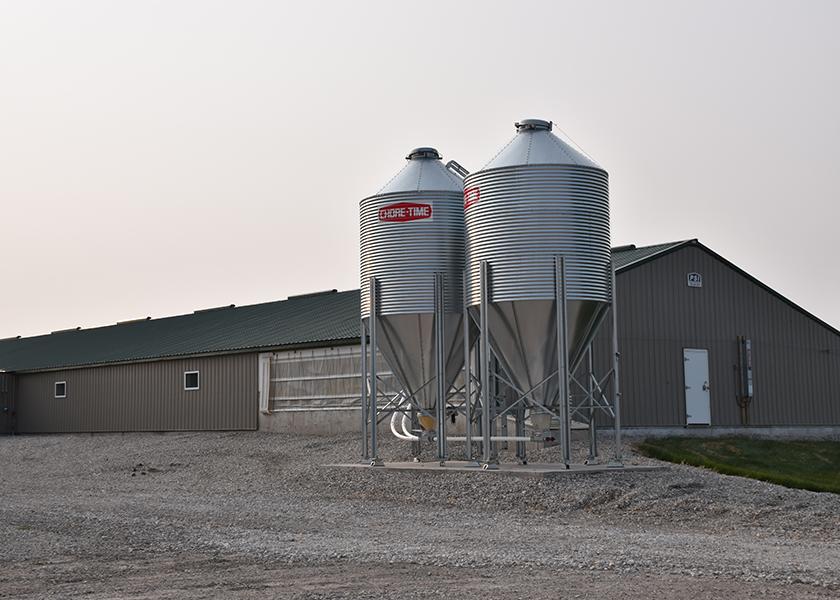Lawmakers Call for Two-Year Freeze on Mandated H-2A Wages

In H.R. 7046, the “Supporting Farm Operations Act,” U.S. Congressman John Moolenaar (MI-02) introduced calling for a two-year freeze on the adverse effect wage rate (AEWR) for H-2A nonimmigrant workers, at 2023 levels. The H-2A visa program allows agricultural employers to bring a limited number of foreign nationals to the U.S. to fill temporary seasonal farm jobs.
“Rep. Moolenaar’s bill offers the short-term stability and reforms that today’s challenges require,” American Farm Bureau Federation Director of Government Affairs John Walt Boatright said in a release. “It’s a step in the right direction to creating a wage standard that benefits farmers and employees alike. Along with this effort, AFBF will continue to press Congress on the full reforms that deliver certainty and parity to farmers who produce food for America’s families.”
The U.S. Department of Labor requires H-2A workers and those in corresponding jobs be paid the highest of either the AEWR, the applicable prevailing wage, the collective bargaining rate, or the federal or state statutory minimum wage.
The AEWR is set by the Department of Labor each year to prevent adverse effects on employment opportunities for U.S. workers. For example, the 2024 AEWR for Michigan is set at $18.50 an hour – among the highest in the country. In addition to a mandated wage, the H-2A visa program requires agricultural employers to pay the administrative costs of hiring H-2A laborers and their daily transportation and housing expenses.
A letter from 75 House members sent to the chairmen and ranking members of the Senate and House appropriations committees urged freezing the AEWR at 2023 levels.
“For farmers and ranchers who use H-2A, the skyrocketing AEWR will only compound inflated input costs like energy and fertilizer, other guest worker expenses like transportation and housing, and burdens from several impending federal regulations and fees. USDA data shows that hired farm labor costs account for nearly 15% of total cash expenses. More labor-intensive industries will be hardest-hit, including specialty crop growers, who already spend nearly 40% of their total cash expenses on labor alone. If we do nothing, many of our constituents will be forced shutter their businesses, despite good-faith efforts to ensure our national food security and feed families across our nation,” the authors of the letter explained.
Reliance on H-2A guest workers is increasing as labor shortages increase.
“For producers who are able to employ H-2A guest workers, AEWR wage mandates could increase production costs at a time when the industry has seen them increase more than 50% since the fall of 2022,” NPPC wrote in Capital Update.
NPPC seeks effective reform of the H-2A program to enable the pork industry to build a strong workforce, including addressing year-round workforce needs and appropriate wage policies. The H-2A visa program currently does not allow for hiring of the year-round workers the industry needs, although some producers use H-2A in a limited capacity.







